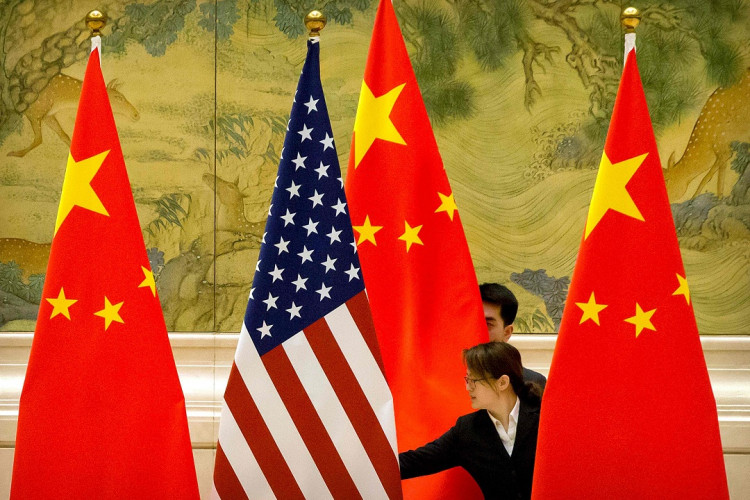The United States has issued a warning to Pacific Island nations following revelations of Chinese police operating within Kiribati, a strategic neighbor to Hawaii. This development, first reported by Reuters and involving uniformed Chinese officers assisting local police in community policing and crime database management, underscores the intensifying geopolitical rivalry between Washington and Beijing in the Pacific region.
Eeri Aritiera, Kiribati's acting police commissioner, confirmed to Reuters the collaboration with Chinese police, which was requested by Kiribati in 2022. The news has prompted a response from U.S. officials and lawmakers who caution against the potential implications of such security collaborations with China.
A U.S. State Department spokesperson emphasized the potential risks associated with importing security forces from China, suggesting it could escalate regional and international tensions rather than aid Pacific Island nations. The spokesperson also highlighted concerns over China's "transnational repression efforts" and the establishment of police stations globally, which could threaten the autonomy of Pacific Island nations.
Kiribati's strategic significance, underscored by its proximity to Hawaii and vast exclusive economic zone, has drawn attention from global powers, including Japan and China. The latter has announced plans to reconstruct a World War Two-era U.S. military airstrip on Kanton Island, a move that has raised eyebrows in Washington. In response, the U.S. has pledged to upgrade infrastructure on the island and expressed intentions to open an embassy in Kiribati.
The situation has garnered reactions from U.S. lawmakers, including Senator Brian Schatz of Hawaii, who emphasized the necessity for the U.S. to bolster its partnerships in the Pacific. Schatz called for urgent economic assistance funding for other Pacific Island states, highlighting the strategic importance of these relationships.
China's growing influence in the Pacific, evidenced by its police deployments in the Solomon Islands and proposed security pacts, has been met with skepticism by regional nations and Western powers alike. Papua New Guinea, for instance, recently declined a Chinese offer for police assistance and surveillance technology.
Amid these developments, U.S. representatives have voiced concerns over the potential erosion of democracy in the Pacific due to China's expanding footprint. They stress the importance of engaging with Pacific partners like Kiribati to counteract Beijing's influence and safeguard trade and national security interests.
The Chinese Embassy in the U.S., responding to inquiries, asserted that China's cooperation with relevant countries is based on principles of equality, mutual respect, and mutual benefit.
As the U.S. and China vie for influence in the Pacific, the unfolding dynamics in Kiribati serve as a microcosm of the broader strategic competition in the region. With significant investments flowing from Beijing and Washington's commitment to reinforcing its alliances, the Pacific Islands find themselves at the crossroads of major geopolitical shifts.





